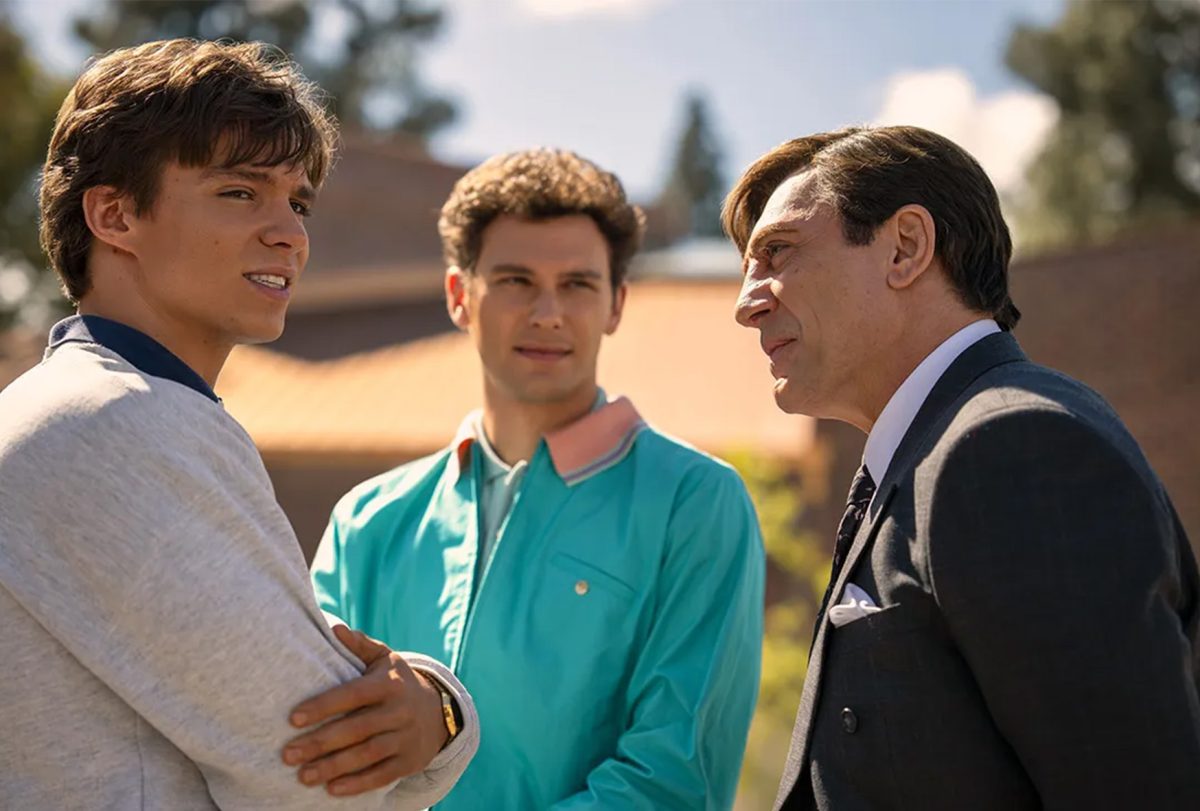The second season of “Monsters: The Lyle and Erik Menendez Story” streamed on Netflix in September, resurfacing a controversial case from the 1990s and inspiring those involved in the original crime to share their side in a documentary titled “The Menendez Brothers.”
As a viewer who was unaware of the crime and story of the brothers, I found that both shows captivated my attention and inspired me to learn more about the case.
In August 1989, brothers Erik and Lyle Menendez brutally murdered their parents in their lavish Beverly Hills home. The crime led to a media circus of celebrity interviews, televised trials and a campaign to “Free the Menendez Brothers.”
From an outsider’s perspective, many assumed the two wealthy young men murdered their parents to gain their inheritance. However, during their trial, Erik and Lyle revealed they suffered years of sexual abuse at the hands of their father, Jose Menendez, and that their mother, Kitty Menendez, knew about their father’s actions and failed to intervene.
“Monsters” depicts the story of the Menendez Brothers and portrays the immensely strong bond they shared.
Episode five of the series,“The Hurt Man,” is where the show truly hits its stride with the viewers who believe in the brothers’ fight for freedom. The entire episode is shot in one sequence lasting approximately 33 minutes as Erik details his entire life of sexual, mental and physical abuse.
I found this episode to be transformative and incredibly moving. A young man conditioned to hide his emotions and never admit these dark truths expressing them all in a vulnerable moment with his lawyer was riveting and heartbreaking.
Apart from the obvious fictionalization of the show, controversies have arisen as the show’s popularity has grown. Family members and those who knew the brothers have called the show misleading. Erik Menendez has released statements from prison, referring to the show as a step backward in the portrayal of sexual abuse and slamming the portrayal of him and his brother.
Following the criticisms of this show, Netflix responded with “The Menendez Brothers,” a documentary focused on the facts and court-proceedings of the brothers. The documentary includes voiceovers from the brothers, who for the first time in 30 years explain their story in their own words.
The documentary fills in a few plot holes left by “Monsters” and allows the public to hear directly from the brothers. The documentary doesn’t try to deny any of the allegations against the brothers or discuss the criticism of the series, but it instead showcases their growth since the crime was committed. This gives viewers the opportunity to decide for themselves where they stand.
The public’s response to both the series and documentary has made the Menendez brothers’ release a possibility. As of late October, family members of the Menendez brothers plan to request the District Attorney of Los Angeles resentence the brothers.
For the past three decades, people have been watching and forming their own opinions on the Menendez brothers case, which conflicted with the judicial system’s sentencing. Could the new wave of public support through news and social media mean freedom for the brothers?
















